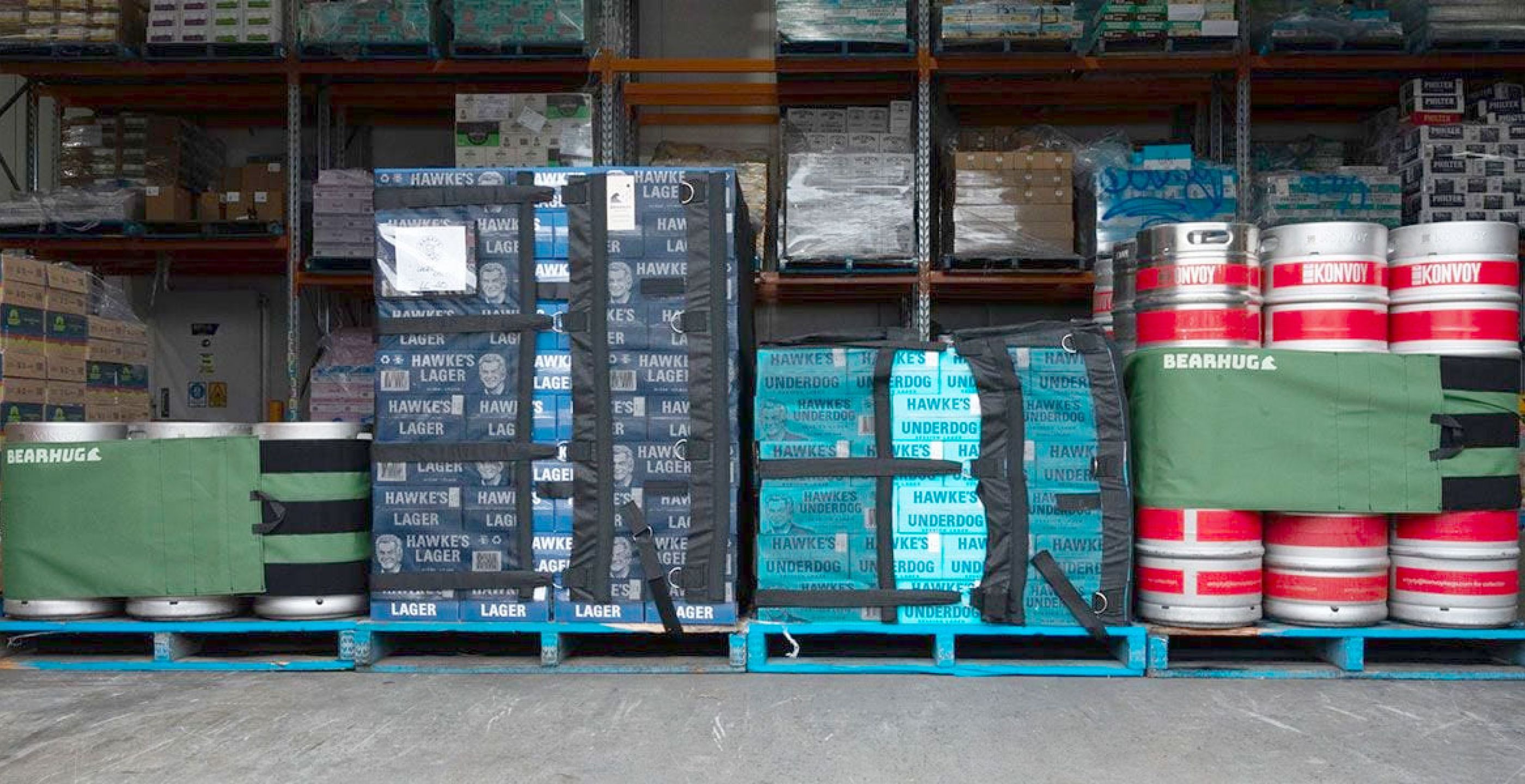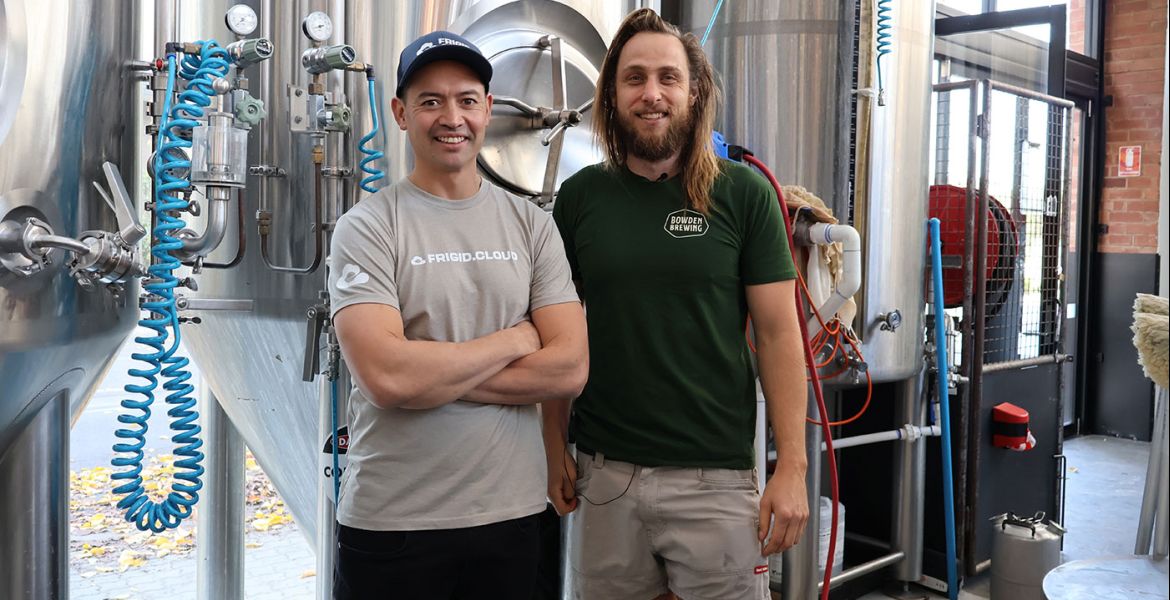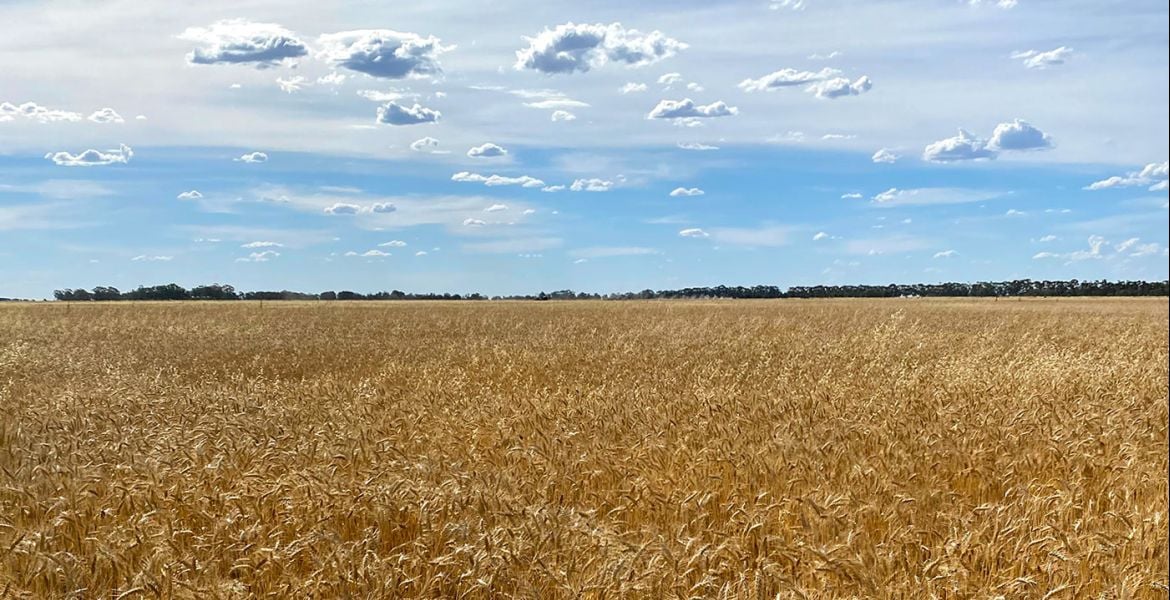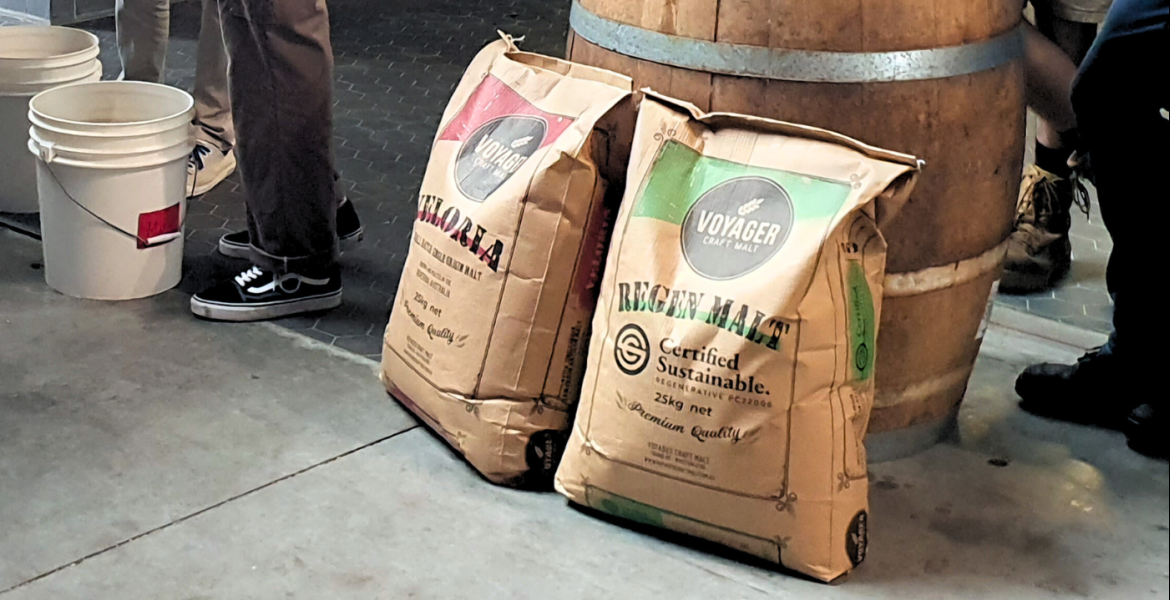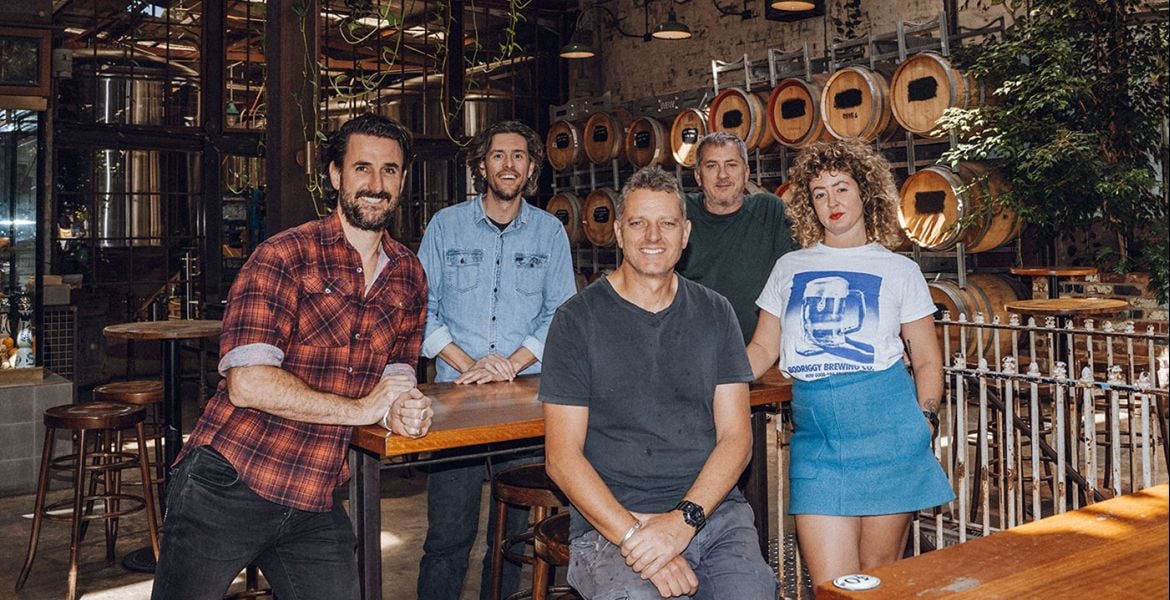Put simply, plastic isn’t great for the environment. While individuals and businesses across the board might try to ensure whatever plastic they use ends up recycled, the reality is that a lot of it ends up in landfill.
Soft plastic is a particular scourge; kerbside recycling won't accept it and people spent years taking it to supermarkets to be recycled only to discover it was actually accumulating in warehouses and becoming a fire risk.
According to Tom Field, plastic wrap – the kind of stuff that keeps beer safely secure on pallets – is responsible for around 1.2 percent of global plastic waste. He says that even initiatives designed to recycle more waste have never really worked out – and that’s even before REDcycle collapsed late last year.
“Where it is recycled,” he tells The Crafty Pint, “it's massively subsidised because it's such a low-value material. About three million annual tonnes is used globally, which is enough to wrap around the earth 8,500 times each year.”
The sheer scale of soft plastic waste drove Tom to launch Bearhug Pallet Wraps, a business built with the craft beer industry in mind. He’s been quietly working on it over the years and, while his degree in business and innovation at the University of Technology Sydney may have given him the skills to develop the concept, the seed stems from where he worked while studying.
Over the past four years, he's been working as a truck driver for Motus Transport, a NSW-based logistics company that specialises in cold storage and distribution for craft breweries. The job meant he soon saw just how much plastic gets wasted in a single day while beer is delivered to bars and bottleshops.
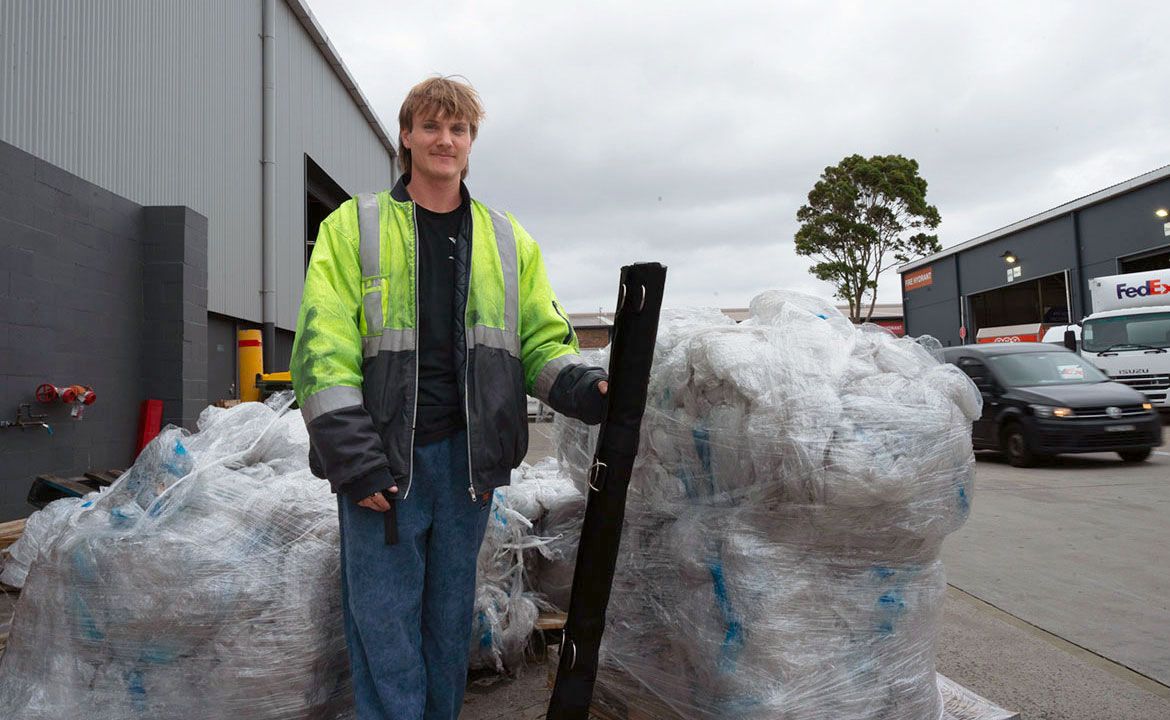
It wasn’t long before he started speaking to brewery owners and others in the supply chain in the hope of finding an alternative; since the start of 2021, he’s been using his own reusable wraps during delivery runs.
“I spent pretty much a year and a half tinkering with it by myself as a truck driver,” he says. “Delivering to every point within the supply chain of the whole industry, I was covering a lot of ground and talking to a lot of people and that built the whole image in my head.”
That image would come to become Bearhug, provider of reusable pallet wraps that Tom says can replace 450kg of plastic.
“They’re expected to last four years or 1,000 uses, and are then recyclable,” he says.
Beyond the impact this can have on the amount of plastic ending up in landfill, Tom says they’re also a cost-saving mechanism for breweries in the long run; they can help reduce the amount of damaged beer and the risk of worker injury due to how they’re placed on pallets.
Velcro straps are wrapped around stacks of beer, and there are different options for pallets stacked with kegs or packaged beer too. They’ve been used internationally by the likes of Amazon and Coca Cola, with Bearhug the first to bring them to Australia.
He offers subscription model too, which works in a similar manner to keg rental businesses such as Konvoy and Kegstar. While breweries can buy their own wraps, they can also rent them from Bearhug: unused pallet wraps can be picked up as others are dropped off.
“The service model behind them is comparable to CHEP [Commonwealth Handling Equipment Pool],” Tom says, “where you can exchange it at the point of delivery.”
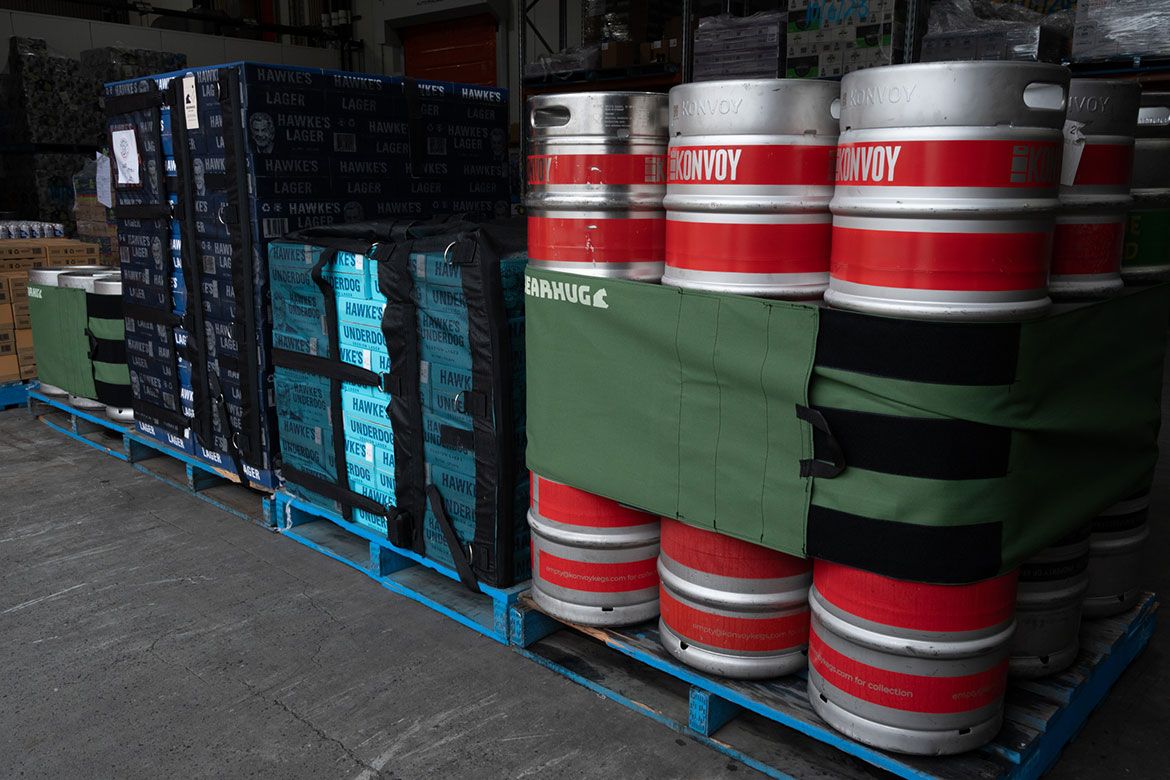
To date, as well as collaborating with Motus, Bearhug has been working with Stone & Wood and Hawke's Brewing. Although both NSW breweries have impressive sustainability credentials, Tom says that’s not why they wanted to work with them.
“The main reason we were using them for testing is because they're sort of the difficult cases,” he explains.
In the case of Stone & Wood, Tom says they’re one of the few craft breweries to have automated pallet-wrapping machines and, since they’ve invested so much in automation, having someone wrap beer manually makes less sense for them. As for Hawke's, unlike breweries who deliver their own stock to transport companies and are able to exchange Bearhug wraps there, their stock is collected directly by the like of Motus, which adds another layer to the subscription model: "We’ve had to figure out how we can meet the same performance for them,” Tom says.
Aside from feedback and guidance from breweries, Bearhug has also impressed Tom’s alma mater, with the business now connected to UTS Startups. This provides Bearhug with office space at the university as well as mentorship, while last August they were among the winners at the UTS Startups Awards, which saw $10,000 injected into the business.
At time of writing, Bearhug have around 200 wraps for cases of beer and another 200 for kegs with their focus on supplying the NSW and Victorian craft beer industry before expanding into other states and industries.
As for why Tom launched Bearhug with the beer industry in mind, he says his time at Motus not only gave him insight into the logistics side of craft beer, but also demonstrated how collegiate the industry is as well as the value many operators place on sustainability.
“It's just really cool to be able to get this out there to the exact industry where there are so many collaborations and where sustainability matters," he says. "It’s the perfect industry for this."
You can find out more about Bearhug Pallet Wraps here.
Find other articles in our Going Green series – including those on Young Henrys' project with UTS – here.



